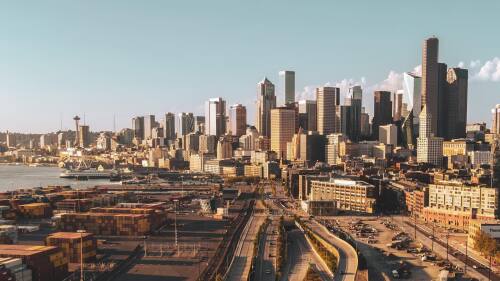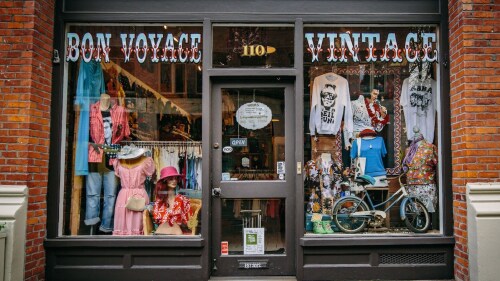Here’s a lip-smacking headline for you all — the City of Seattle introduced a proposed update to its Food Action Plan last week that’s intended to help alleviate food insecurity, high prices, food waste, and negative impacts on the environment.
This modification of the plan originally passed in 2012 includes adjustments that take racial + social inequities, the effects of COVID-19, and the impacts of climate change more into account.
City Council will still need to vote on the plan before the local gov can start taking these steps. But if it feels like a mouthful to process, let’s chew it up into bite-sized pieces.
Digesting the goals
This new update has four main goals:
- Increase community food security and make sure locals have enough nutritious food to eat
- Support locally grown + traditional foods by supporting nearby and Indigenous-owned farms
- Advance an equitable local economy that creates jobs + economic opportunities, especially in areas most impacted by racism
- Prevent food waste and climate pollution by increasing composting and strengthening food rescue operations
Within those, the city has laid out eight strategies to help it achieve those goals that include mentions of education + training, building regenerative food production practices, and more.
But here are some of the much more specific ways the city wants to move forward, should the plan be passed.
- Purchase locally sourced food for school lunches as a means of cutting back on carbon emissions, ensuring kids are getting good nutrition, and supporting the local economy
- Support “Food is Medicine” programs
- Use more public land for community food production
- Find ways to circulate food unused by local businesses and restaurants
- Increase public education about food justice
- Streamline permitting processes for farmers markets
There’s not a schedule yet for when this piece of legislation is expected to hit the city council’s docket, but when it does, there will be opportunity for locals to provide feedback on the proposal, so stay tuned.











